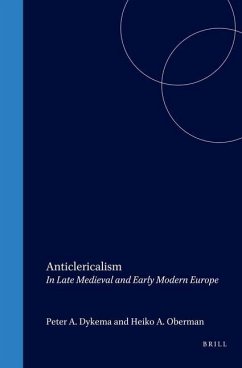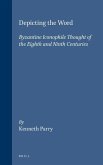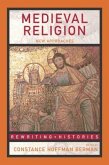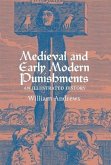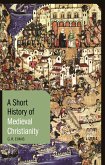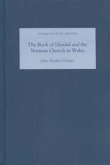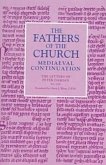Traditionally anticlericalism has been regarded as a significant historical factor, by some historians even as the unifying focal point for the host of movements known as the Reformation of the sixteenth century. In forty-one essays eminent historians of culture, religion, and society redefine and redirect the debate regarding the scope and impact of European anticlericalism during the period 1300-1700. The meaning of reform and resentment is here clearly articulated and the sentiments are analyzed which were directed first against all levels of the Roman hierarchy and later as well against the evangelical pastor. Using sources drawn from a wide variety of city and village archives, of literary genres and theological tracts, the articles presented here uncover the clusters of reform hope "and bitter resentment directed toward parish priest, monk, bishop and pope, in addition to the early Protestant clergy. The volume highlights the continuity and discontinuity of anticlerical passion, language, goals and actions between the late medieval and Reformation periods. Contributors I. The Late Medieval Setting: Kaspar Elm, John van Engen, Frantiek Graus, Frantiek mahel, Albrecht Classen, Peter Blickle, and Gordon Griffiths. II. The Transition to Early Modern Society: Bob Scribner, Thomas A. Brady, Jr., Katherine G. Brady and Thomas A. Brady, Jr., Karlheinz Blaschke, William Monter, Jane Dempsey Douglass, James D. Tracy, Silvana Seidel Menchi, Thomas F. Mayer, Elisabeth G. Gleason, and Donald Weinstein. III. Reform and Reformation: The Call for Change: Manfred Schulze, Martin Brecht, Bernd Moeller, Robert J. Bast, Berndt Hamm, Hans J. Hillerbrand, Scott Hendrix, Hans-ChristophRublack, R. Po-Chia Hsia, Hans-J]rgen Goertz, Susan C. Karant-Nunn, Siegfried Hoyer, Henry J. Cohn, and James M. Stayer. IV. Towards the Confessional Age: Richard A. Cosgrove, Carlos M.N. Eire, David C. Steinmetz, Robert M. Kingdon, Gerald Strauss, Philip M. Soergel, an
Bitte wählen Sie Ihr Anliegen aus.
Rechnungen
Retourenschein anfordern
Bestellstatus
Storno

